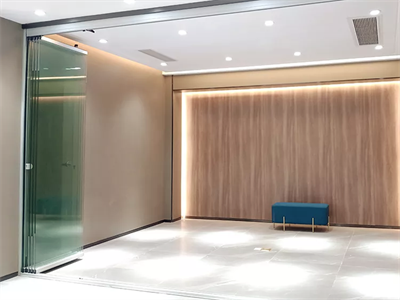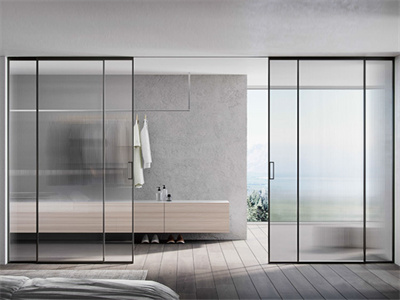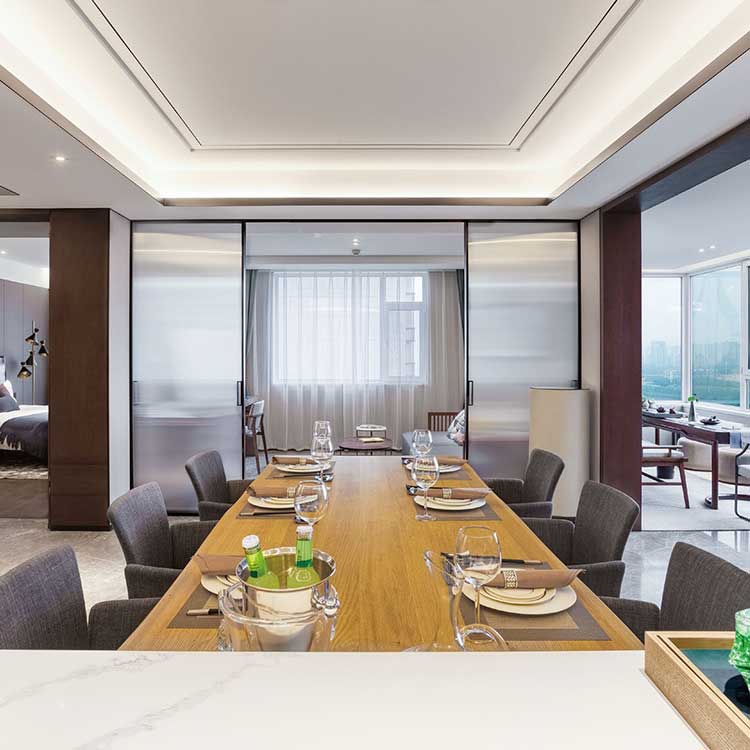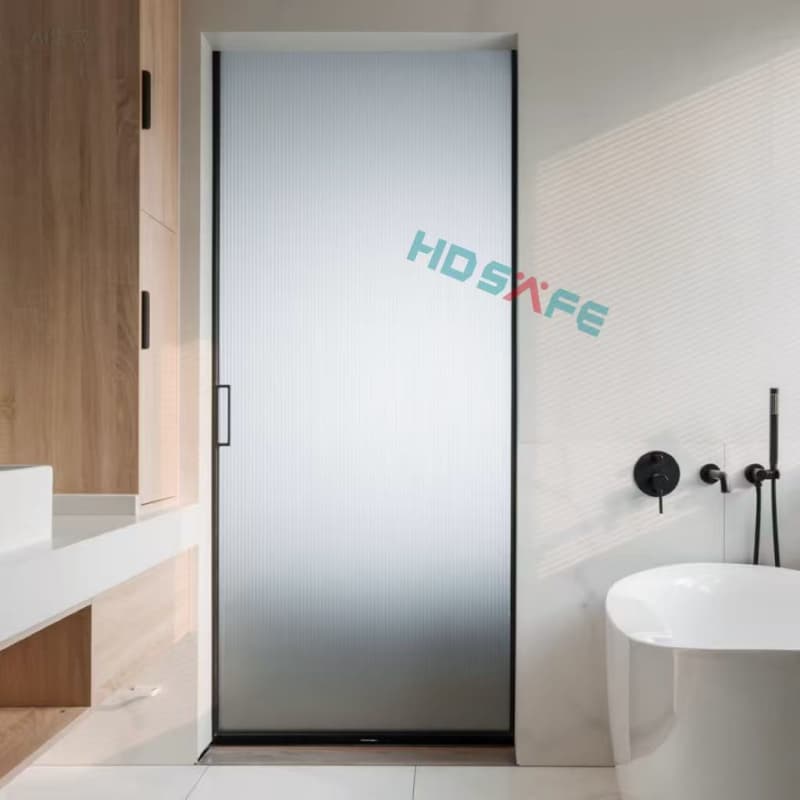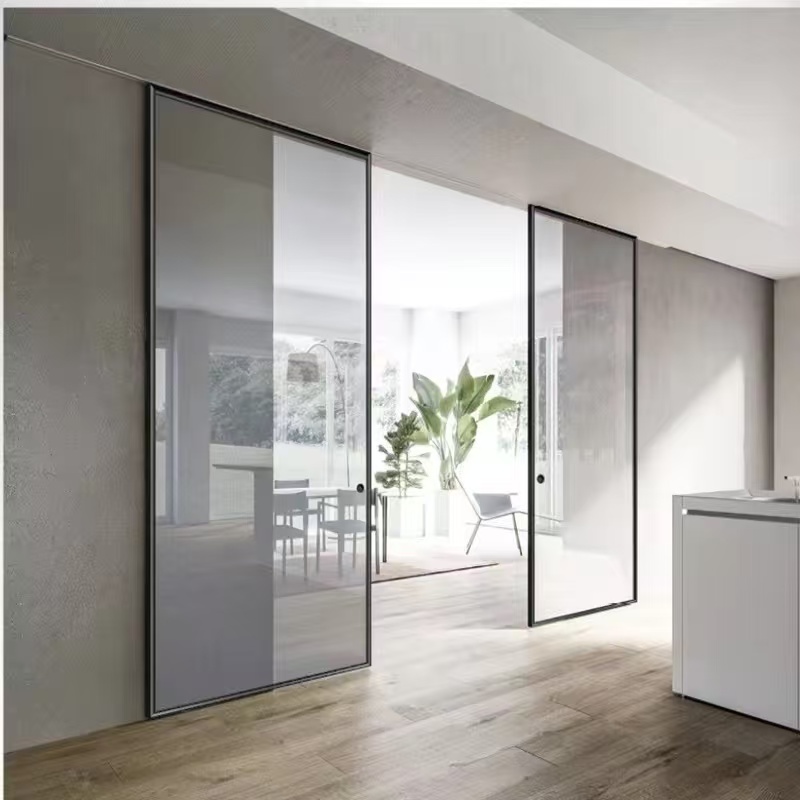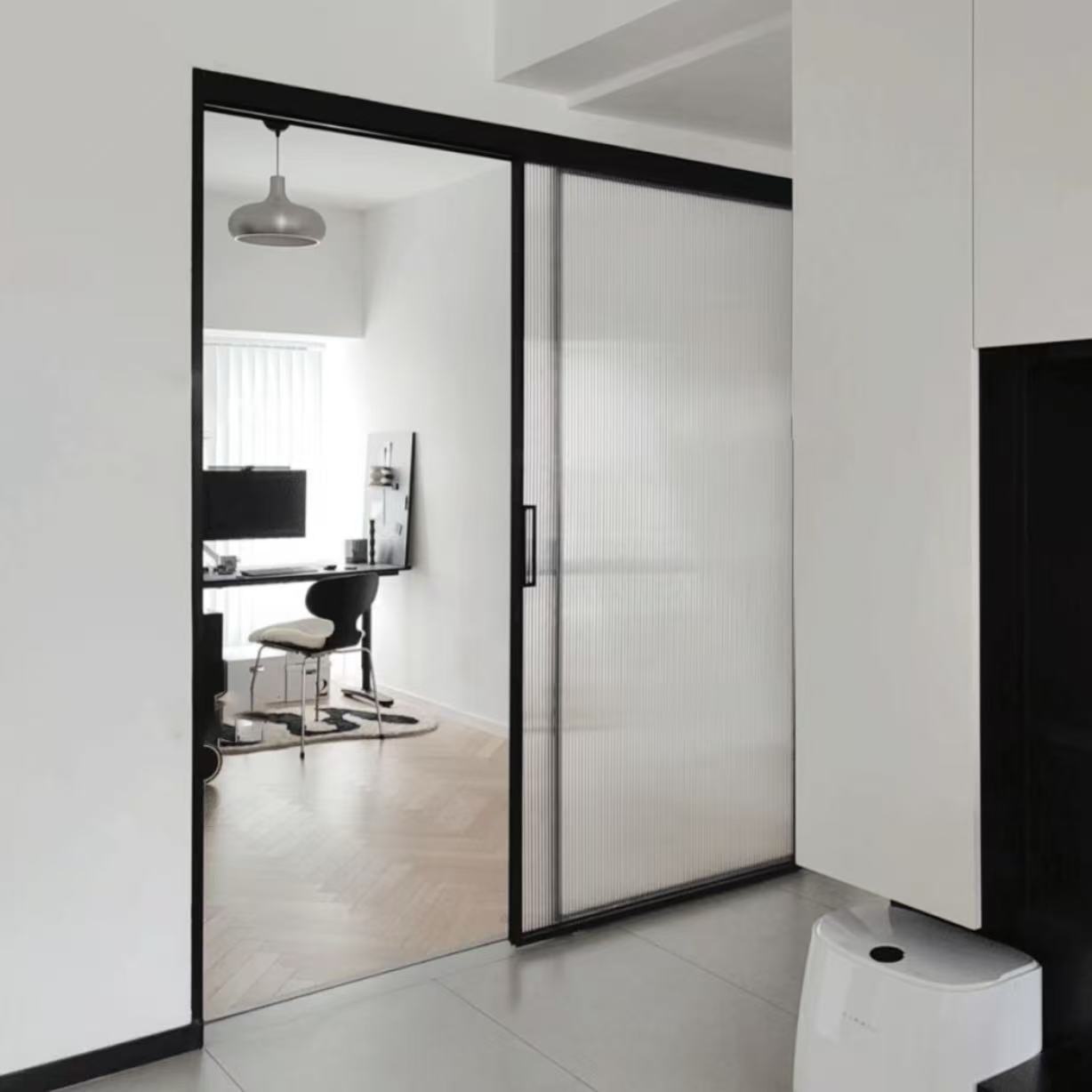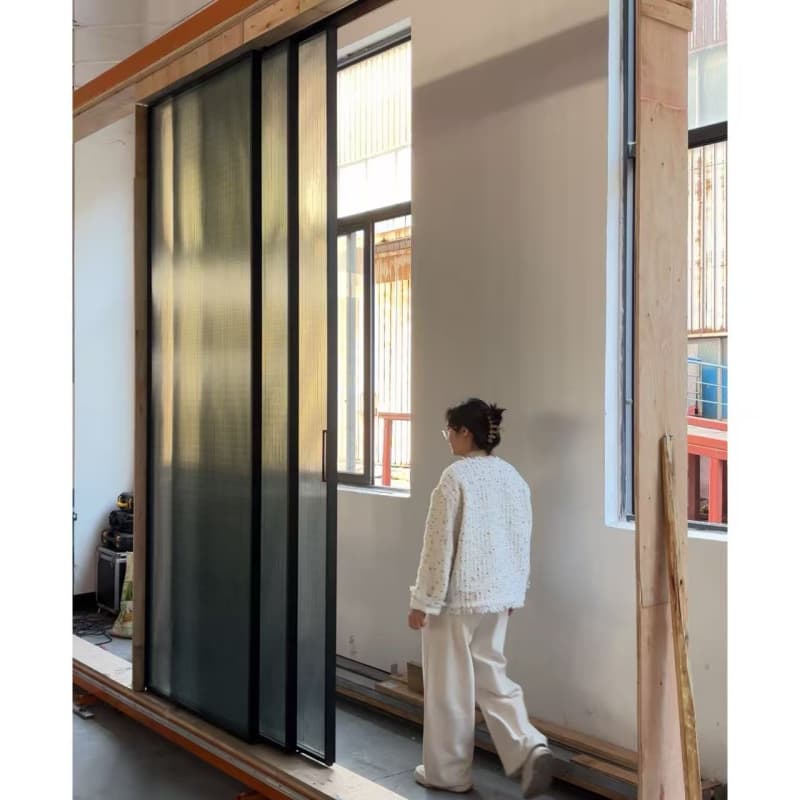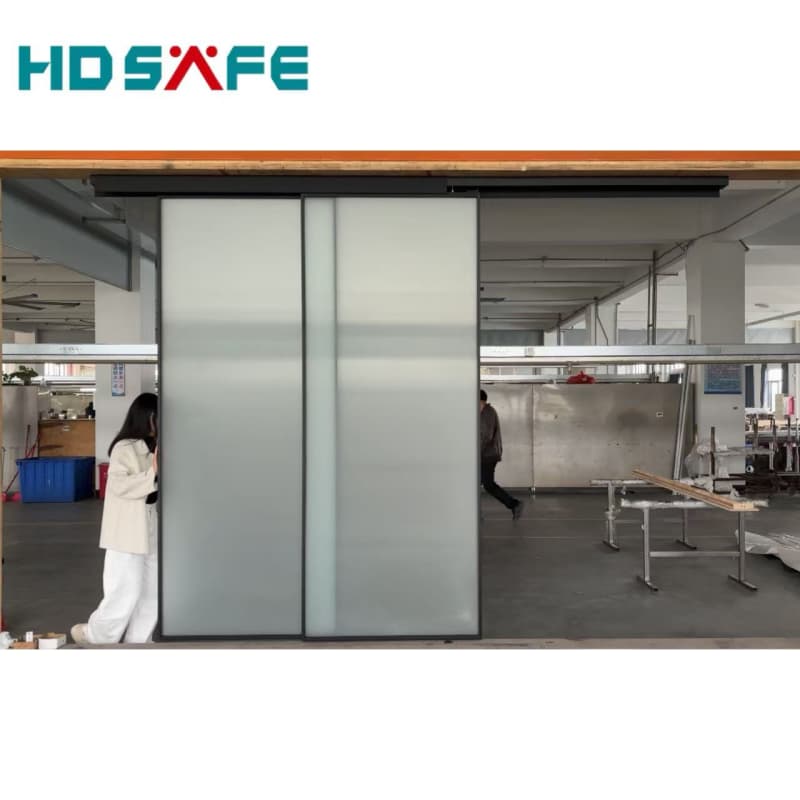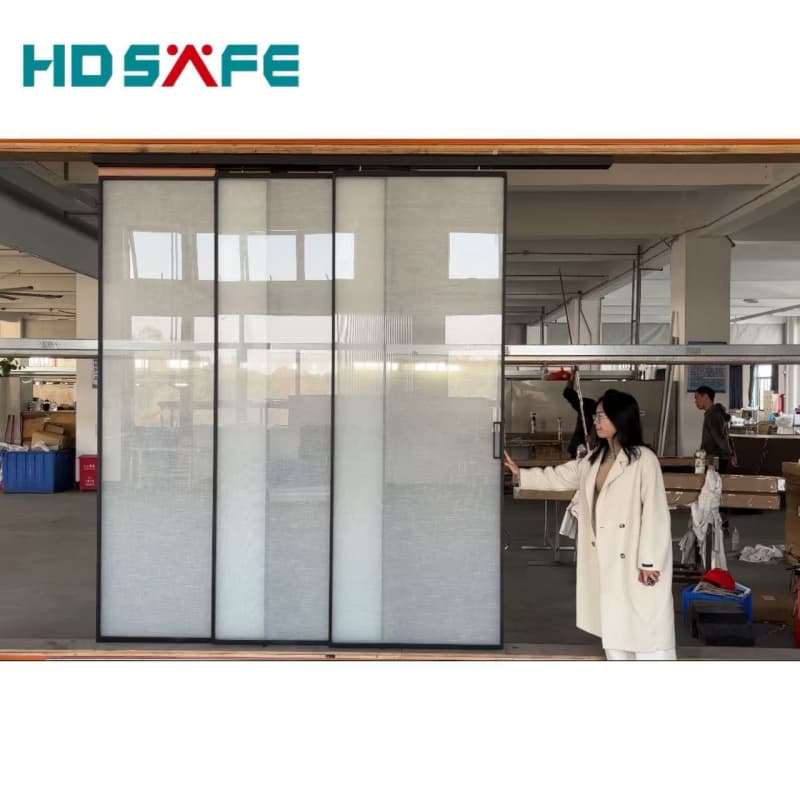Introduction:
Automatic sliding doors have become increasingly popular in various commercial and residential spaces due to their numerous advantages. In this blog post, we will explore the benefits of installing automatic glass sliding doors, discuss how to select the right one for your space, delve into the necessary maintenance requirements, and provide an overview of the different types of automatic glass sliding doors available in the market.
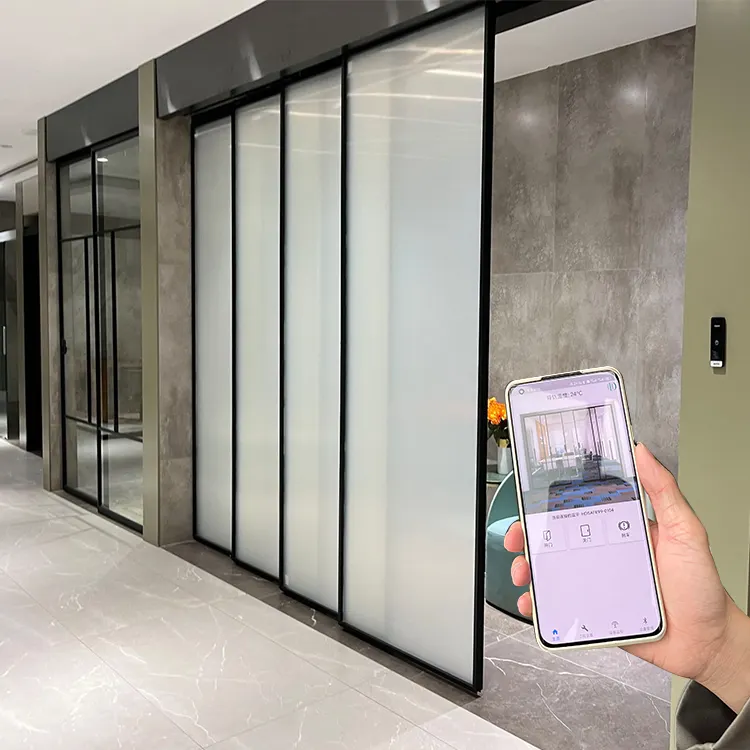
1. Advantages of Installing Automatic Glass Sliding Doors:
Automatic glass sliding doors offer several advantages that make them a desirable choice for many establishments. These benefits include:
- Enhanced Convenience: Automatic sliding doors provide seamless entry and exit, making it convenient for individuals carrying items or people with limited mobility. They allow for hands-free operation, ensuring smooth and effortless movement.
- Improved Energy Efficiency: Equipped with advanced sensors, automatic sliding doors can detect foot traffic and adjust accordingly, reducing energy consumption by minimizing unnecessary heat loss or gain. The use of glass panels also allows for natural lighting, reducing the need for artificial lighting during the day.
- Increased Security: Automatic glass sliding doors can be integrated with security systems, such as access control, surveillance cameras, and alarms. This integration enhances the security of the premises, discouraging unauthorized access and reducing the risk of break-ins.
- Impressive Aesthetic Appeal: With their sleek and modern design, automatic glass sliding doors add an elegant touch to any space. The transparency of the glass panels creates an open and inviting atmosphere, making a positive first impression on visitors.
2. Selecting the Right Automatic Glass Sliding Door:
When choosing an automatic glass sliding door for your space, consider the following factors:
- Space and Size: Assess the dimensions and layout of your space to determine the appropriate size and configuration of the sliding door. Consider factors like clearance width, height, and any architectural limitations.
- Traffic Flow: Analyze the expected foot traffic in your space. This will help determine the type and capacity of the automatic sliding door system required to accommodate the movement efficiently.
- Safety Features: Look for sliding doors that come with safety features such as motion sensors, emergency stop buttons, and anti-trap mechanisms. These features ensure the well-being of individuals passing through the doors.
- Durability and Maintenance: Opt for automatic glass sliding doors made from high-quality materials that are designed to withstand frequent use and various weather conditions. Additionally, choose products that have easily accessible maintenance components.
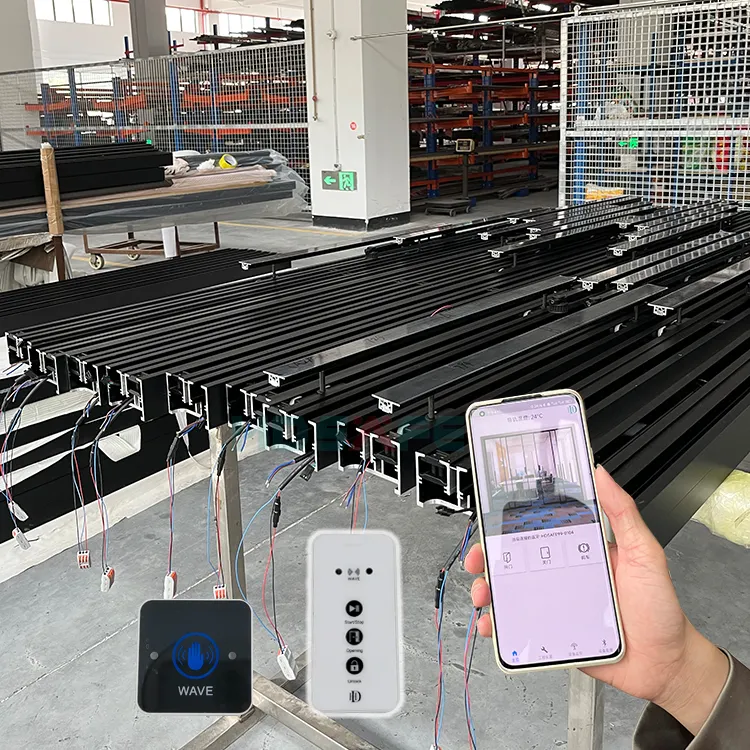
3. Maintenance Requirements for Automatic Glass Sliding Doors:
To ensure the longevity and optimal performance of your automatic glass sliding door, regular maintenance is necessary. Here are some maintenance tasks to consider:
- Cleaning: Regularly clean the glass panels, tracks, and other components of the sliding door to remove dirt, smudges, and debris. Use appropriate cleaning agents and avoid abrasive materials that can damage the glass or frames.
- Lubrication: Apply a lubricant to the moving parts, such as rollers and hinges, to ensure smooth operation and prevent unnecessary wear. Consult the manufacturer's guidelines for the recommended lubricant and frequency of application.
- Inspection: Periodically inspect the door's components, including sensors, wiring, and control systems, to identify any signs of wear, damage, or malfunctions. Promptly address any issues to prevent further damage or interruptions in functionality.
4. Different Types of Automatic Glass Sliding Doors:
Various types of automatic glass sliding doors are available to suit different architectural and functional requirements. Some popular options include:
- Single Slide Doors: Consisting of a single glass panel that slides to one side, single slide doors are ideal for spaces with limited clearance.
- Bi-parting Doors: Bi-parting doors feature two glass panels that slide simultaneously in opposite directions, providing a wider opening and increased traffic flow capacity.
- Telescopic Doors: Telescopic doors are designed with multiple narrow panels that overlap when opened, allowing for maximum space utilization in areas with limited wall space.
- Revolving Doors: Revolving doors feature multiple glass panels set in a circular formation, which rotate to provide a continuous entry and exit point. They offer excellent energy efficiency by minimizing air infiltration.
Conclusion:
Automatic glass sliding doors offer numerous advantages, including convenience, energy efficiency, security, and aesthetic appeal. By considering the space requirements, traffic flow, safety features, and maintenance needs, you can select the right automatic glass sliding door to enhance your space. With different types of automatic sliding doors available, you can find the perfect fit for your specific needs and architectural style. Regular maintenance will ensure the longevity and optimal performance of your automatic glass sliding doors, allowing you to enjoy their benefits for years to come.





 Home
Home Jan 22,2024
Jan 22,2024 
 Transform Your Study Room with a Sliding Door – A Practical and Stylish Solution
Transform Your Study Room with a Sliding Door – A Practical and Stylish Solution 
 Dec 14,2023
Dec 14,2023 



